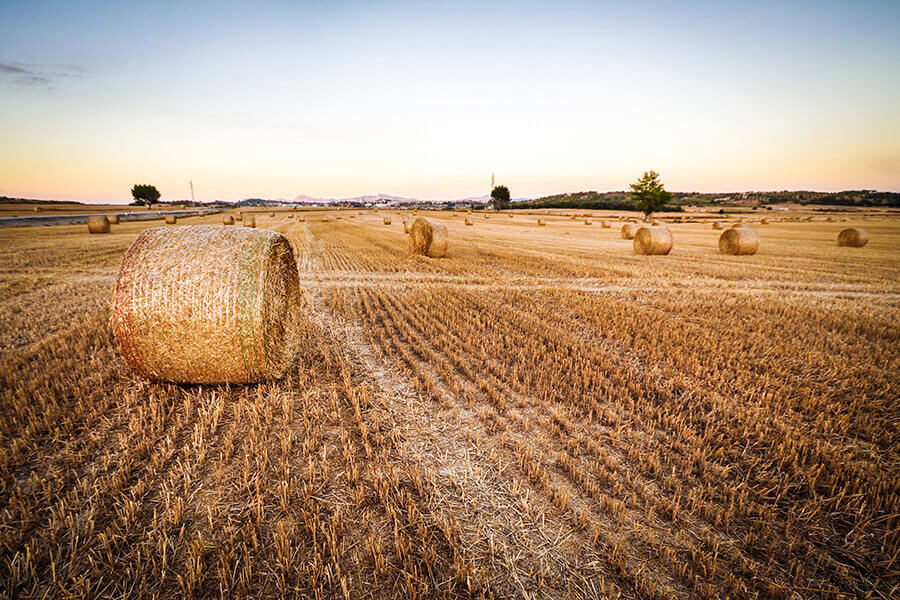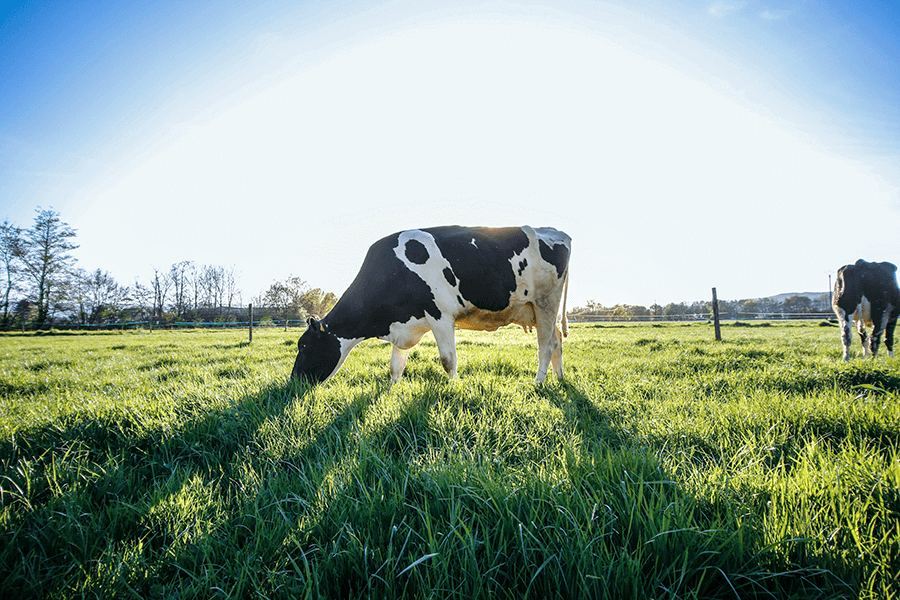We talk to Bartosz Urbaniak, Head of Agro Banking for Central and Eastern Europe and Africa at BNP Paribas about the role and directions of financing, sustainable investments and the challenges faced by Polish agriculture.

What are the main areas of agricultural financing in Poland and how has it changed in recent years?
It is difficult to identify one dominant area of agricultural financing, and this is because it is now widely available. This is very good news. BNP Paribas Bank also has a stake in this and I am very pleased with this success.
When thinking about the changes in the agricultural financing system in recent years, it should be remembered that the agricultural market is largely influenced by the common agricultural policy. The agricultural market in Poland is developing in line with its goals and needs. Young farmers and their farms are one of the beneficiaries of this policy. Poland is doing well in this field, and even very well compared to Europe. It is also worth adding that issues related to the protection of the environment and technological solutions favoring them are becoming more and more important nowadays. Every year this trend will deepen even more. To the extent that solutions only supporting the environment will cease to be sufficient, and regenerative implementations will become necessary, i.e. not only those that do not emit greenhouse gases and carbon dioxide, but those that are able to absorb them.
So what is sustainable investing?
This is a very broad definition. However, we can distinguish a few activities that certainly fit into this idea, e.g. investing in energy efficiency, renewable energy sources or technologies that reduce water consumption or enable the use of water in a closed circuit. When assessing an investment, we pay attention to these factors as a bank. They are part of the implementation of the Sustainable Development Goals, i.e. the global plan to improve the world, which is a kind of signpost for us.

What challenges do you face most often on a daily basis in contacts with Polish farmers?
Currently, the recently introduced changes to the Code of Civil Procedure have become a big challenge. According to banking law, when granting a loan, it is necessary to establish effective, enforceable collateral. The enacted enforcement immunity for farmers will most affect the aforementioned, so far dynamically developing, young, small farms, which do not yet have security assets. This group of farmers often has only financial security in the form of assets necessary to conduct agricultural activity, which is insufficient from the perspective of banking institutions. Another difficulty, equally important in dealing with Polish farmers, are all kinds of epidemic threats in the industrial area, such as bird flu or African swine fever.
What is the role of European funds in financing the Polish rural areas?
There were times when European funds accounted for about 80% of investments in Polish rural areas. Today, the share is not that large, but these funds still play a dominant role. Without them, investments and dynamic development of Polish villages would not have taken place. Poland derives great benefits from them.
In your opinion, what are the biggest challenges of Polish agriculture in the context of the implementation of the European Green Deal?
It will definitely be a change in the production profile, because EGD assumes a significant reduction in meat production, especially red meat and dairy products. Polish agriculture is a very important producer of these products in Europe. The introduction of the EGD assumptions will require many adjustments and additional investments from Polish farmers. These changes are surely realistic to introduce but they require a lot of work and joint discussions in search of a satisfactory solution for everyone. Education in this subject will be helpful, knowledge sharing, it is never too much.

How do you implement the sustainable development strategy?
We actively carry out many activities, it is impossible to list all of them. First of all, BNP Paribas Bank strategically supports the implementation of the Sustainable Development Goals (SDGs) adopted in 2015 at the UN Summit in New York. The Bank’s strategic commitment to the implementation of the sustainable development mission is reflected in the creation of a new area in the organization, coordinating the bank’s activities in the field of ESG, i.e. Environmental, Social and Governance.
One of the actions worth emphasizing is that from 2020 we buy electricity only from renewable sources. We also decided to increase the number of hybrid cars we own. Currently, 70% of the cars used by the sales network are hybrid and there are plans to include electric cars or plug-in hybrids in our fleet.
At Bank BNP Paribas we care very much about the knowledge of our employees about sustainable development and ecology. For this purpose, we provide them with a lot of training and materials thanks to which they can easily change their lifestyle to a more environmentally friendly.
A big step towards sustainability is also the implementation of a policy of reducing paper consumption. The Autenti electronic signature is already the signature of the first choice used for all documents inside the bank, and when concluding contracts with customers it successively replaces traditional signatures more and more often.

We were one of the first to open apiaries on the roofs of our office buildings throughout Poland. In 2021, we got involved in another bee project – BeeOmonitoring which involves local monitoring of biodiversity and environmental pollution in agricultural and industrial areas using bees.
Since 2017, we have also been an active member of the Polish Association of Sustainable Agriculture “ASAP”. There are more and more activities for sustainable development each year.
Thank you for the interview.
